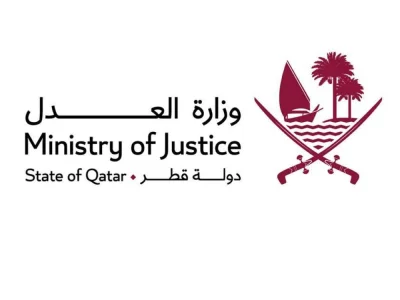Individuals, companies and entities that have sustained damages due to the unjust blockade imposed on Qatar have several legal options to claim their rights, according to leading Qatari lawyers.
Saudi Arabia, the United Arab Emirates, Bahrain and Egypt imposed the blockade on Qatar on June 5 last year.
In a report published by the Arabic daily Arrayah Monday, the lawyers stressed that Qatari courts can review the cases of damages resulting from companies in the blockading countries breaching any of their obligations against a Qatar citizen, resident or any legal entity in the country.
Alternatively, the aggrieved party in Qatar can approach courts in the blockading countries, they said.
According to the Riyadh Agreement for Arab Legal Co-operation, signed by all Arab countries, the blockading countries are obliged to accept and review the legal cases filed by Qatar's citizens and residents. If these courts decline to review such cases or impede reviewing them, it is considered a breach of the agreement. Accordingly, the applicant can seek recourse to the United Nations and international courts.
The lawyers said that severing diplomatic ties does not affect the legal relationships between the countries or the agreements or contracts signed by them. In addition to the courts, the victims of the blockade can resort to arbitration to review and modify their contracts in accordance with the new situation.
Other options also include approaching the relevant international organisations.
Qatari lawyer Mubarak Abdullah al-Sulaiti said that the victims can file their cases in Qatari courts, in particular those issues resulting from civilian disputes regarding the implementation of contracts such as building, supply, mining and trade accords.
He said other options are open as well.
Dr Reem al-Ansari, Professor of Law at Qatar University, said that besides the normal course of courts and legal organisations, victims could seek the help of civil society organisations or arbitration to claim their rights.



